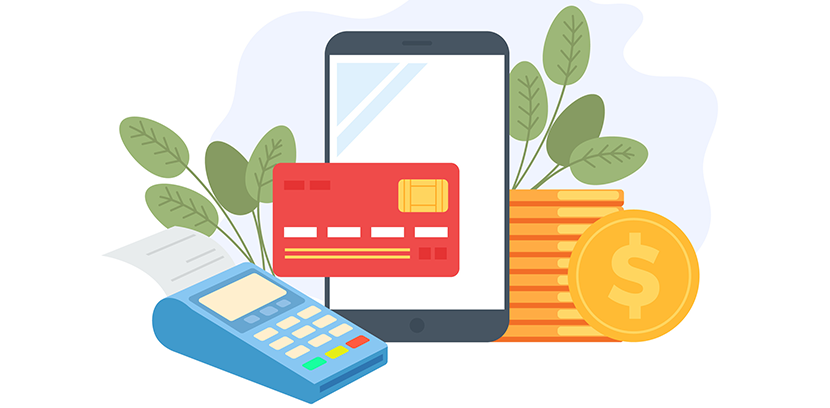Whether you're a freelancer, small or growing business, the internet can be helpful or overwhelming when it comes to business advice. Accounting and accounts receivable terminology can also be challenging, especially if you're the only person responsible for your company's finances or if you're growing your accounting department. There's no need to look further because we've done much the work for you.
It's that time of year where the office seems to be a little quieter. Running a business during this time can be a challenge because there's a continual rotation of your colleagues who are out of office on summer vacations. You may have not given much thought to how summer affects your cash flow. Your A/R department may be thin and your clients' accounts payable contacts may be on vacation too.
Summer vacations can affect invoicing, accounts receivable and collections.
Here's how to make sure you still have working capital through the fall...
The short answer is YES!
If you're not already charging your B2B customers late fees on unpaid invoices, you should be! You may be concerned that a late fee could be damaging to your business relationship but in fact, it establishes you as a legitimate business owner.
Are you wondering if you can charge late fees on B2B invoices? Read more to learn how and why you should.
If your client hasn't paid your invoice yet, it could be because they have some questions about your invoice. Invoice disputes can take time to resolve. You may have moved on to other projects or be otherwise busy but if you don't follow up, your invoice remains unpaid. Would you like to avoid invoice disputes altogether?
Here's what to do when your client disputes your invoice...
Every week on this blog, we are sharing best practices and ideas for improving cash flow and supporting your accounts receivable department. Part of setting up your accounts receivable department for success is defining job responsibilities and hiring the right people for the job. By clearly delineating what each position should be doing, your A/R department becomes an efficient, well-oiled machine, increasing cash flow and limiting the need for collections.
Download these free sample job description templates for your accounts receivable department.
If we lived in a world where every client paid their bill on time, we wouldn't have to talk about the "dirty work" of collections. Talking to clients about money can be uncomfortable, especially when you might be taking their non-payment personally. We recommend the money conversation early and often and we highly recommend following up on any invoices that are past due.
Or...
You could automate your accounts receivable collections and save yourself a headache.
Here's why you should automate your A/R collections.
There's nothing more frustrating than waiting for money. You've built a budget around it. You've planned purchases or payroll on the expectation of receiving it. You may have even noticed a trend of clients who seem to be nonchalant in getting you paid on time. You're pulling your hair out asking, "Why does this keep happening!?" Keep reading to learn why businesses fail to pay their invoices.
Why Your Clients Don't Pay On Time
When starting your business, one of the most important decisions you made was the company name. During your legal business registration, you also likely had to choose among "LLC", "Inc", "Corp" and so on. You did research to make sure that no other organization shared your business name. The same can be said for your clients. If you're unaware of their full legal name, you may find your business in a bind if a contractual breach arises.
Here are a few tips to help ensure your company is contracted with and billing the accurate client.
In every business and at every job level, there are negative situations. You may be faced with challenging colleagues or a client who's not holding up their end of a deal. It could be easy to loathe your job or let it get to you. You may then experience mental health challenges or problems with your home life. Or you could empower yourself and learn to face things with a different attitude. Your choice could change the outcome or launch you into something better.
Here are 4 best practices to stay positive in negative situations.
It's easy to assume that the typical victim of fraud will be a consumer. Unfortunately, businesses also fall victim to corporate fraud, with small businesses especially at risk. According to the Association of Certified Fraud Examiners (ACFE), fraud schemes such as invoicing fraud, kickbacks, skimming and billing schemes are on the rise. Small businesses fall prey to these fraudulent activities more than larger organizations because they don't have the same resources or processes to prevent it.
Don't fall victim to business fraud. Use these best practices to keep your business safe.













